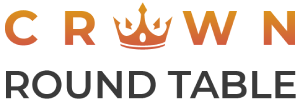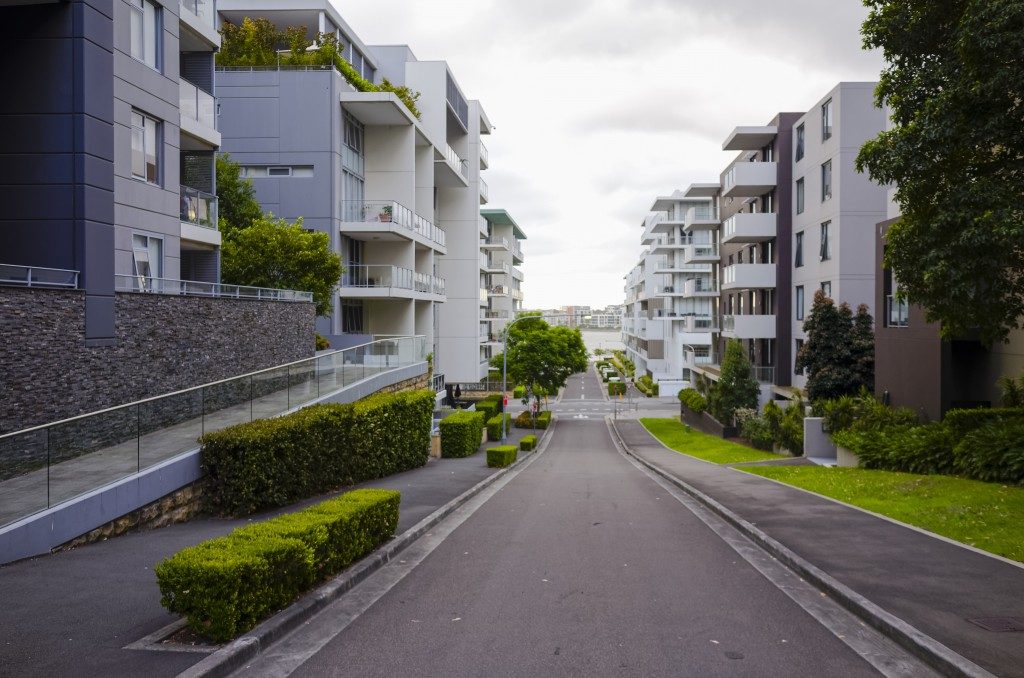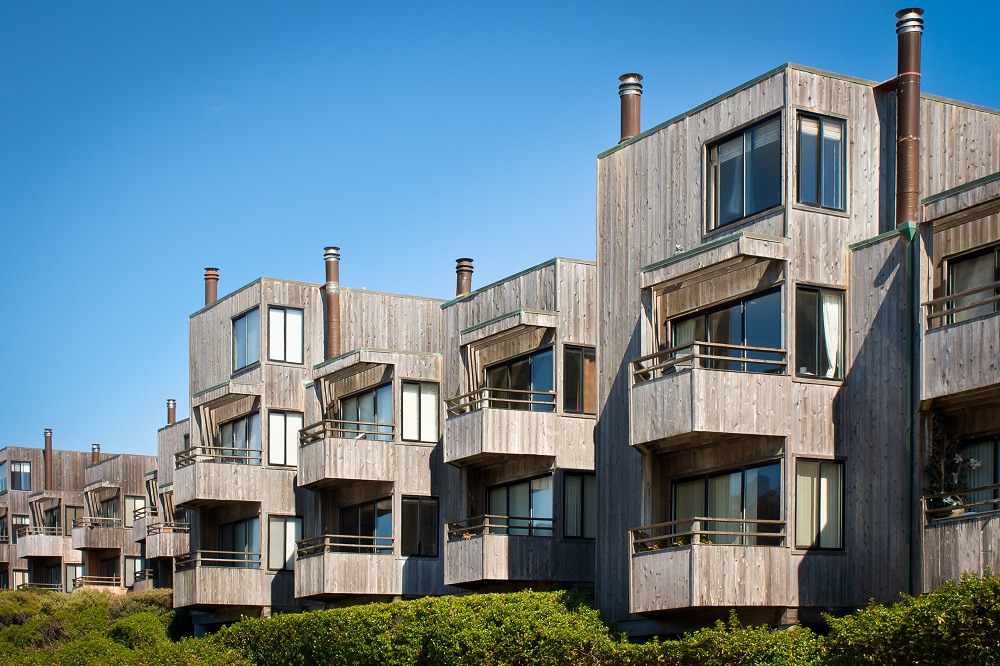Buying a home is a goal for many people regardless of their location. Expats bring the dream of owning real estate to other countries, including Australia. Some look at suburbs in Victoria, such as Donnybrook, to find the best house and land they can buy.
Others are still unsure if they are qualified to buy property, especially if they are only temporary residents. There are a few rules when it comes to owning a house in Australia that, when followed, can pave the path to home ownership for migrants.
For Temporary Residents
Investing in residential real estate can be beneficial even for temporary residents. Every cent paid towards a house is money that returns to the owner, in contrast to paying rent for temporary lodgings that may be smaller than a house’s master bedroom.
Permission from the Foreign Investment Review Board (FIRB) is required for any temporary resident who is on certain visa types. Holders of 457 or temporary skilled work visa, temporary skill shortage visa, student visa, and spouse visa need the board’s approval.
The Australian Taxation Office issues application forms for temporary residents, who are classified as having temporary visas that allow residency in Australia for a certain period or until their application for a permanent visa has been approved.
Temporary residents are not permitted to lease out their dwelling or property that will serve as their principal home in Australia. They can buy established or new dwellings and, vacant lands for the sole purpose of residential development, and existing dwellings for redevelopment.
For Permanent Residents
Permanent residents still need to seek foreign investment approval for property purchases. They must also fill out the Australian Taxation Office’s foreign investment application form. Permanent residents may, like temporary residents, purchase established or new dwellings, vacant residential lands, and various other exemptible properties.
One advantage permanent residents have on temporary residents is that they don’t need FIRB approval.
Mortgage Rules
A mortgage is nearly-required—and in some countries and territories, mandated—for people to own property. Australia is no exception. A mortgage is available to expats, though banks may offer them different rates and some might not offer anything at all.
Much like everything, getting a mortgage requires a lot of paperwork. Banks may require expats to pass copies of passport and personal identification, FIRB qualification, proof of legal residence, credit and mortgage affordability documentation.
From there on, it’s quite similar to getting a mortgage elsewhere: get a broker, conveyancer, or property lawyer to help you through mortgage pre-approval, find and secure your property of choice, settle on a completion date after paying the necessary fees, have the FIRB approve the purchase, and conclude the deal.
First Home Owner’s Grant

Unfortunately, only permanent residents are qualified for the First Home Owner’s Grant (New Homes) scheme. The FHOG is designed to help new homeowners by helping them finance their new home or land.
Each Australian state has different qualifiers for grants, which range from $10,000 to $20,000. Grants are awarded to first-time homeowners for new homes or other qualified residential properties that cost $550,000 to $750,00. Certain states have special rules, such as Western Australia’s qualifier for homes north of the 26th parallel and Tasmania’s $20,000 grant regardless of the worth of the new property.
Expats who are finally able to live in their own piece of Australian real estate will benefit from brushing up on local residential laws. Once they move in, they may find time to explore their neighbourhood and get to know their new home away from home.



